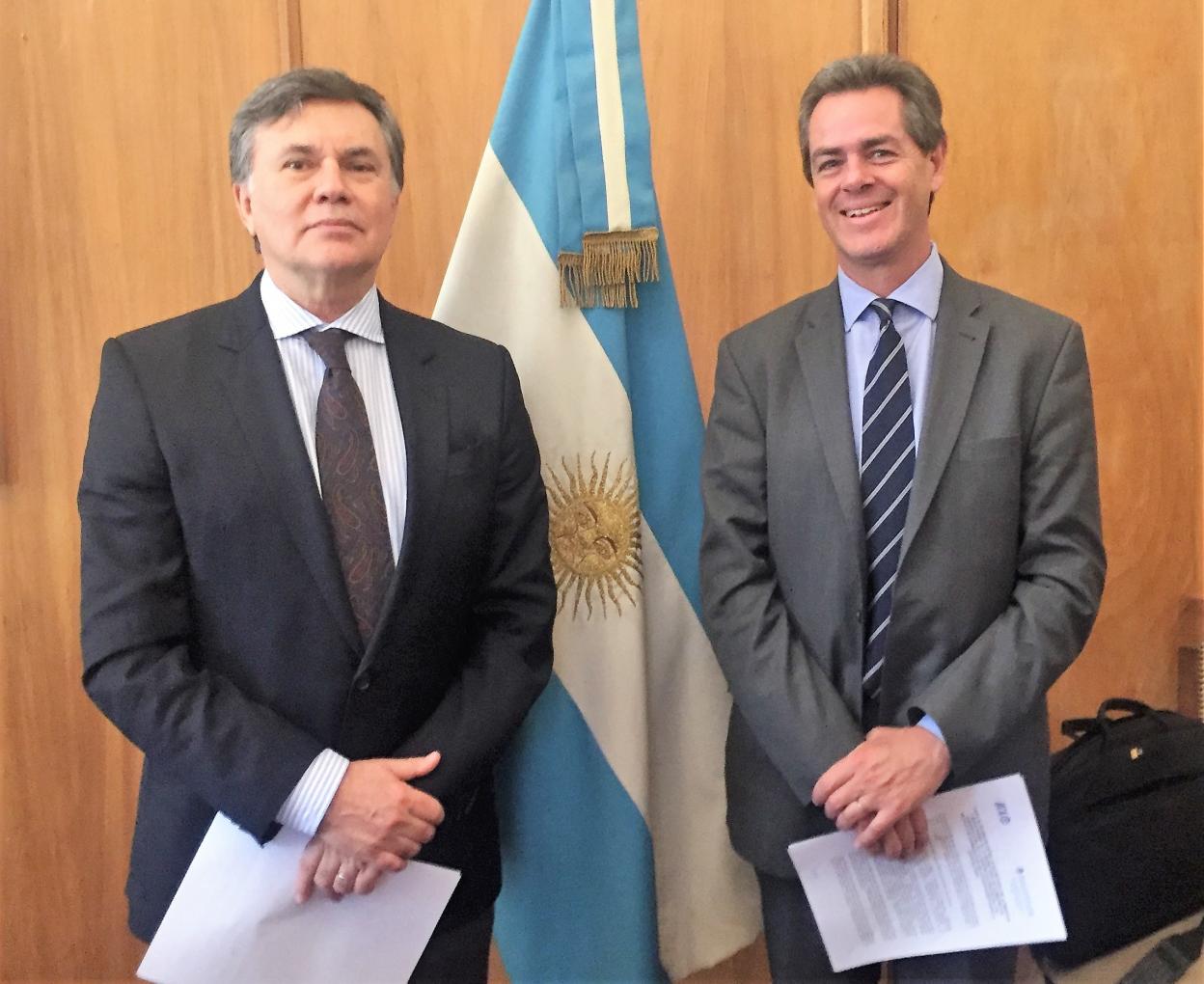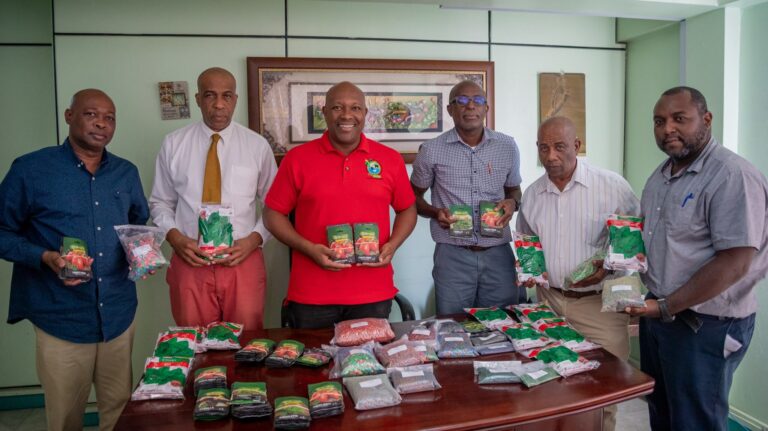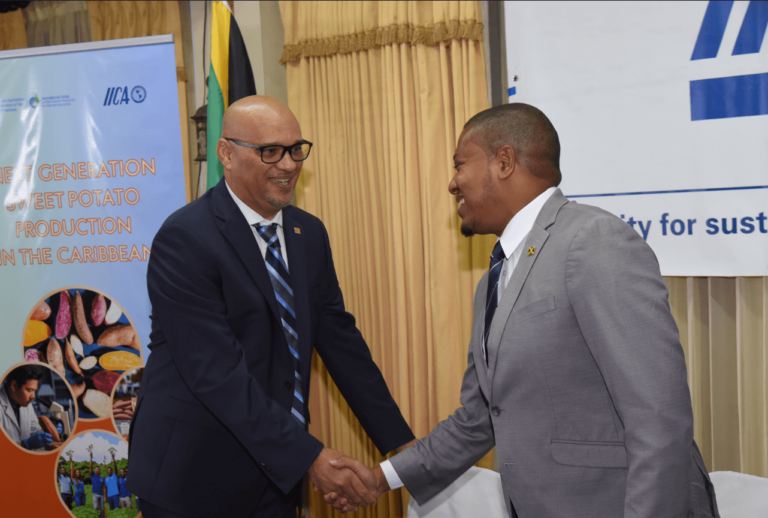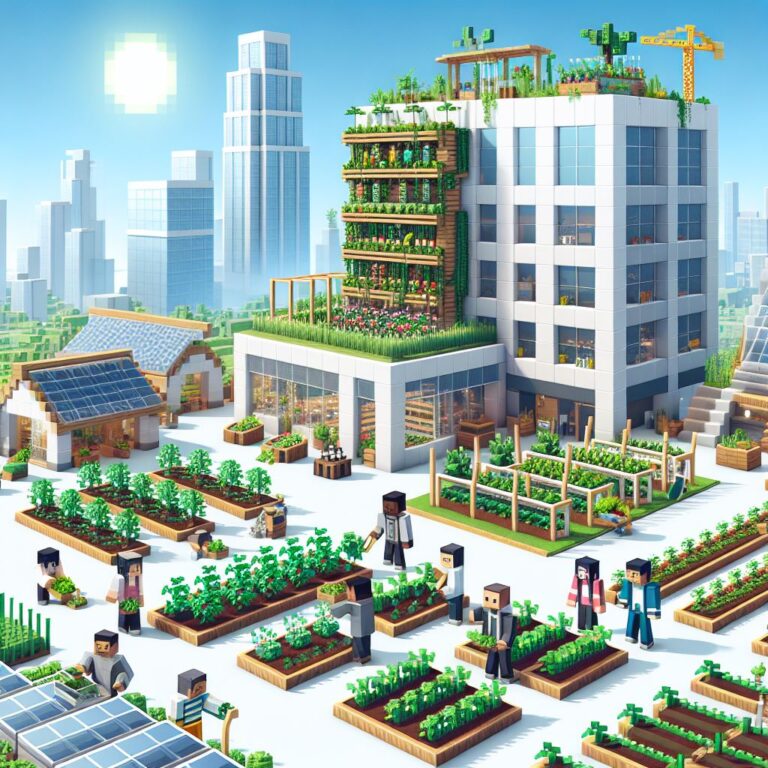Andrés Murchison, Secretary of Food and Bioeconomy of Argentina, and Manuel Otero, Director General of IICA, signed a Letter of Intent through which this South American country will assist in disseminating and fostering knowledge and innovations to strengthen bioeconomy-based development.

Buenos Aires, 19 November 2018 (IICA). Andrés Murchison, Secretary of Food and Bioeconomy of the Secretariat of Agroindustry of Argentina, and the Director General of the Inter-American Institute for Cooperation on Agriculture (IICA), Manuel Otero, signed a Letter of Intent through which the South American country will lead efforts aimed at encouraging the American hemisphere to capitalize on bioeconomy.
The letter, which was signed in Buenos Aires at the headquarters of the Secretariat of Agroindustry of Argentina, represents the first step toward generating political and regulatory frameworks to capitalize on bioeconomy throughout the continent. It also provides an opportunity to drive international cooperation and develop courses and knowledge management platforms for the benefit of agriculture and rural areas.
“It is an honor for us to sign this agreement on bioeconomy with IICA, which will assist us in sharing our leadership in that field with the rest of Latin America. We are going to work on extension initiatives as well as in disseminating positive examples of bioeconomy that are currently being developed,” stated Murchison.
“In Argentina, we have many examples of successful projects related to value-adding, biomass use and biotechnology, which can be replicated in other Latin American countries. Argentina plays a very important leading role in biotechnology for genetically modified crops. By developing our own technology, we have increased our sector’s productivity and reduced the environmental impact of our production activities. These are just two concrete examples of bioeconomy, and we have much more to contribute to the rest of Latin America,” stated the Argentinian official.
Bioeconomy is regarded as the broadest approach to driving sustainable development based on production and consumption patterns and in accordance with the goals of preserving resources as well as mitigating and adapting to climate change. Bioeconomy involves, on the one hand, the implementation of development strategies based on an intensive, efficient use of resources, technologies and biological processes, and, on the other hand, the sustainable provision of goods and services required by societies.
IICA’s new institutional road map, the 2018-2022 Medium-term Plan, includes Bioeconomy and Production Development as one of the Institute’s main work programs.
“The signing of the letter of intent with the Secretariat of Food and Bioeconomy provides IICA with the opportunity to boost all of its actions in the field of bioeconomy. Argentina must serve as a hub for expertise in this area, for the benefit of agricultural development across the continent,” explained the Director General of IICA.
“We are going to carry out concrete actions, including capacity building, knowledge management, the organization of technical meetings, and the development of strategic plans. We hope to develop numerous actions related to bioeconomy,” added Otero.
The head of IICA highlighted the fact that, by 2050, the population will be larger, wealthier, older and more urban, making it necessary to almost duplicate agricultural production with less land and water, while also facing the loss of biodiversity and natural resources as well as the impact of climate change. This, in turn, will require an agricultural and rural model that is more inclusive and sustainable without sacrificing growth and efficiency.
“In addition to sustainability, the productive, social, and economic dimensions are also very important. If producers in Latin America, especially small and medium-scale producers, wish to broaden their access to more developed markets, they must produce in a sustainable manner,” explained Otero.
The Letter of Intent will launch the implementation of coordination, interaction, cooperation and reciprocity mechanisms in Latin America to capitalize on bioeconomy under the leadership of Argentina, whose advanced political-institutional structure can assist in developing and disseminating this vision for production.
Hugo Chavarría, Coordinator of IICA’s Bioeconomy and Production Development Program, explained that the agreement will enable “technical specialists, scientists and researchers from Argentina to offer direct support aimed at driving bioeconomy in Latin American and Caribbean countries.”
In Latin America and the Caribbean, which is where eight of the 17 most megadiverse countries on the planet are located, bioeconomy represents a new and powerful opportunity. The region possesses more than one fourth of the world’s arable land and one third of its fresh water resources, making it one of the primary producers of sustainable biomass.
Furthermore, with respect to development strategies, bioeconomy challenges the outdated “agriculture versus industry” controversy. The boundaries between sectors are becoming increasingly blurred and irrelevant, as new value chains and ways to take advantage of biological resources begin to arise.
The global market for some of the main bioeconomic products doubles or even triples the growth of most agricultural raw materials, with yearly expansion rates of more than 12%, reaching 25% per year in the case of biofuels.
More information:
Institutional Communication Division of IICA










